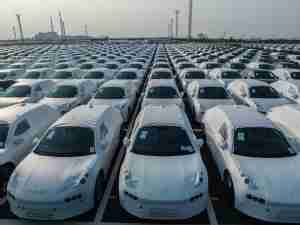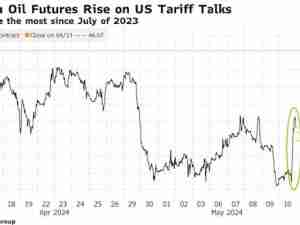India is hungry for resources to feed its expanding economy and is eager to keep up with China in investments with Myanamar, with its largely untapped oil and gas, despite criticism from the West about the rights record of its army-backed rulers.
Myanmar's rulers have made cautious reforms to the regime, including holding elections and releasing democracy activist Aung San Suu Kyi from house arrest.
Bilateral trade over India's 1,650-km (1,000-mile) border with Myanmar was $1.5 billion last year, Indian Trade Minister Anand Sharma said after meeting his counterpart in Delhi.
"I propose that we work towards doubling of bilateral trade by 2015. We also need to work towards broad-basing our trade basket," Sharma said in a statement.
A fifth of all India's timber imports now come from Myanmar, a former British colony also known as Burma, which has large tracts of teak forest, along with a third of its imports of pulses.
One of the first countries to condemn Myanmar for repression of pro-democracy activists, New Delhi has since the early 1990s put aside such criticism for fear of pushing its neighbour into China's fold and losing access to resources.
China is building ports and other infrastructure and selling arms to most of India's neighbours, including arch-rival Pakistan. India is belatedly making efforts to regain influence in the neighbourhood. On Wednesday it will hold trade talks with Pakistan.
New Delhi also looks to Myanmar to help curb separatist insurgencies in its northeast region, whose rebels sometimes take refuge across the frontier. Both sides are also working together to control a flourishing cross-border narcotics trade.
Elections held in Myanmar last year were condemned in the West as fraudulent, but they ended five decades of direct military rule and brought to power President Thein Sein, a relative moderate who has taken baby steps toward liberalization.
Myanmar's pro-democracy activist and Nobel Peace Prize winner Suu Kyi met Sein last month, the first meeting between the two and the latest olive branch from the army-backed regime that came to power this year.
The government has since relaxed currency controls and censorship of the internet. A senior U.S. official this month said there were "clear ... winds of change blowing through Burma."
A delegation led by Myanmar's trade minister sought to sell that change to prospective Indian investors on Tuesday, trumpeting looser trade and investment regulations at an industry summit.
"I would like to inform you that the Myanmar investment law is under review to be more attractive and investor friendly," said minister U Win Myint.
For example, foreign companies will no longer have to lease land from the Myanmar government for setting up a business, but could negotiate directly with other firms in the private sector, the head of a Myanmar business lobby group told reporters.
Even so, the international community is waiting for sustained signs of improvement on rights issues including the release of a large number of political prisoners before relaxing sanctions.
A U.N. rights specialist last month described prisoners' testimonies of torture, such as the "the burning of body parts, including genital organs" by security forces. (Reuters)








